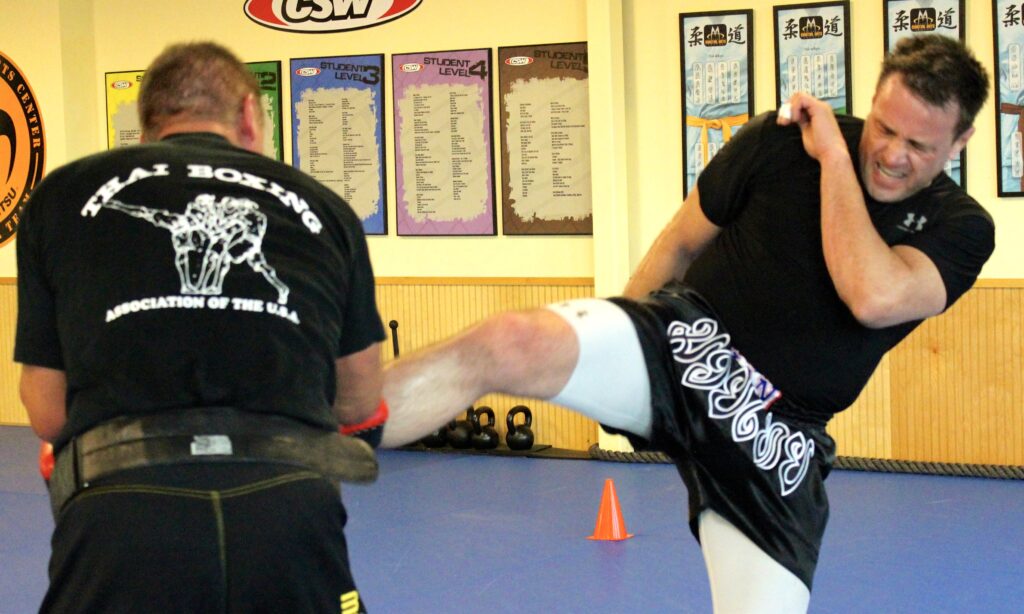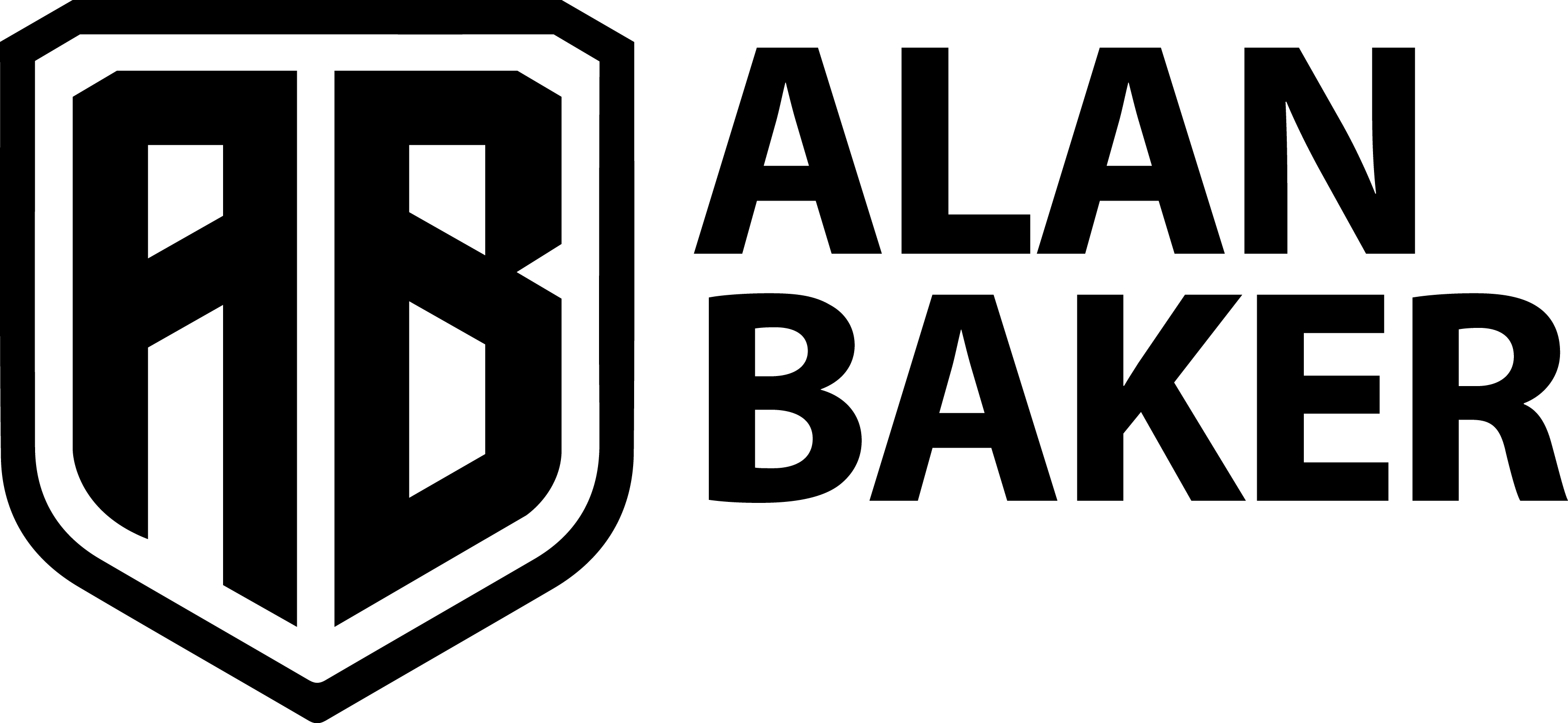
Embrace the pursuit of challenges, actively seeking opportunities that push your limits and thrust you into demanding environments. Within these spaces of discomfort and adversity, you truly test your resilience, adaptability, and determination. The easy path offers little growth, while undertaking the hard things fosters personal development, revealing strengths you never knew you possessed. This journey won’t be without its hardships, but through these rigorous experiences, you’ll forge a stronger, more resilient version of yourself. So, welcome those challenging situations — the steep learning curves, the projects that seem impossible, the physical and mental challenges that would make others back down. In conquering these, you do more than survive; you evolve, emerge, and prepare for whatever life throws your way.
“Do not pray for an easy life; pray for the strength to endure a difficult one.” — Bruce Lee
In pursuing the warrior mindset, embracing discomfort is not merely a suggestion but a necessity. This means willingly stepping into, or even purposefully creating, situations that strain our mental, emotional, and physical boundaries. These are the forge and anvil upon which our resolve is tested and our character shaped.
Acclimating oneself to challenges and chaos is not about courting danger irresponsibly or seeking adversity without purpose. Instead, it is about controlled exposure to pressure situations, gradually increasing our tolerance for stress and uncertainty. It involves training the mind and body to respond with calm precision even when instincts scream to choose the easier path.
In this journey, every nerve-wracking presentation, every grueling workout, every complex project, or personal conflict is an opportunity to steel oneself against future adversity. It’s about more than just surviving these trials; it’s about learning to operate effectively within them, to think clearly amidst chaos, and to find resolve in the face of overwhelming odds. This methodical embrace of challenge helps us rise from mere participants in our journey to architects of our resilience.
Moreover, integrating this philosophy means redefining our relationship with discomfort. It’s understanding that stress and resistance are not just obstacles to our goals but integral to our growth. They help hone our reflexes, heighten our perceptual understanding, and enhance our problem-solving capabilities.
“Success is not final, failure is not fatal: It is the courage to continue that counts.” — Winston S. Churchill
So, we must seek these environments of deliberate difficulty, not because we cherish struggle but because we acknowledge it as the crucible in which the warrior mindset is developed and refined. In doing so, we prepare ourselves for life’s inevitable storms, not merely to weather them but to guide others through them, standing steadfast as both beacon and shelter.
Immersing ourselves in environments that challenge, strain, and push our limits provides a unique crucible for developing our willpower. Willpower and grit aren’t just personality quirks; they’re the alchemy that can transform a situation teetering on the brink of failure into a success story. This is a truth I’ve woven into the very fabric of my existence.
Every time we willingly face a problematic situation, we exercise our willpower, much like a muscle. We strengthen our ability to choose one course of action over another to make decisions that align with our long-term goals despite the hardships. It is in the throes of adversity that grit is born and nurtured. It’s that indomitable spirit, that relentless perseverance, that can drive an individual to keep going when all seems lost.
Grit and willpower, however, go beyond sheer stubbornness or endurance. They are the essence of resilience, the backbone of determination, and the quiet, burning resolve that smolders within, propelling us forward through life’s storms. They’re about having the courage to embrace failure, learn from it, and grow stronger and more resolute. It’s about understanding that setbacks are simply part of the journey toward success.
“It’s not the load that breaks you down, it’s the way you carry it.” — Lou Holtz
I’ve lived this reality every single day of my life. Through personal battles, challenges on the academy floor, and professional upheavals, it became clear that it wasn’t just talent, intelligence, or opportunity that created success. It was the refusal to surrender to difficulty, the internal revolution against the seductive lure of complacency. It was about taking the raw materials of failure – the disappointment, the frustration, the injustice – and forging the stepping stones towards victory from them.
Living a life punctuated by challenges is more than a test of survival; it’s an open invitation to unlock the extraordinary potential within the human spirit. It’s a continuous journey where every hardship faced with head held high adds a thread to the tapestry of our character, turning tales of struggle into epics of triumph. This is not just a belief. It is a lived ethos, a testament to the transformative power of will that can alight even the darkest situations with the iridescent promise of victory.
Actively seeking out struggle and challenge is often used to forge mental resilience and physical toughness. Here are several strategies to intentionally create constructive struggle in your life, each serving to push your boundaries and promote growth:
- Physical Challenges:
- Engage in rigorous physical activities that you’re not accustomed to. This could be a high-intensity workout regime, training for a marathon, taking up a challenging sport, or practicing martial arts. These activities push your physical limits and teach you perseverance. The gym has always been a place where I have pushed myself over the years.
- Learning New Skills:
- Step out of your comfort zone by learning something you find genuinely difficult. This could be a new language, a musical instrument, coding, or a complex subject you know little about. The process will cultivate patience and intellectual resilience. I have written about developing your personal educational process. I suggest always finding that outside-the-box topic that will challenge you mentally.
- Setting Higher Goals:
- Establish and pursue goals that are slightly out of your current reach (often called ‘stretch goals’). This encourages a mindset of growth and continuous learning, and while failure may occur, it fosters resilience and determination.
- Voluntary Discomfort (Do Hard Stuff!):
- Introduce yourself to uncomfortable environments. This might mean taking cold showers, practicing fasting, or limiting technological usage. These small acts of voluntary discomfort can strengthen mental fortitude. I like to schedule events throughout my year that I know will be a hard push for me. I know it will be a challenge.
- Public Speaking:
- If you’re like most people, public speaking might terrify you. Engaging in it can be an incredible challenge that requires you to overcome internal barriers of fear and self-doubt.
- Traveling Alone:
- Travel to unfamiliar places where you are forced to rely on yourself in unfamiliar environments. This can be a powerful way to leave your comfort zone, forcing you to become more adaptable and resourceful.
- Social Challenges:
- Engage with people with different perspectives from your own or participate in activities that require you to work closely with strangers. These social challenges can push you to develop empathy, listening, and cooperative skills.
- Regular Reflection and Self-Critique:
- Set aside time for deep self-reflection, acknowledging your fears, failures, and insecurities. Contemplate your life goals and where you’re falling short. This internal struggle can be a significant catalyst for personal growth. As I schedule my year, I will set aside days where I will take the time to take a hard look at what I am doing to achieve my goals, and I will seek out feedback from my mentors.
- Taking on Responsibility:
- Take on more responsibility in both your personal and professional life. This might involve leading a project at work, volunteering for community service, or caring for a family member. Responsibility teaches accountability, leadership, and empathy.
- Facing Fears:
- Make a list of your fears and tackle them head-on. This doesn’t only apply to extreme fears like heights or spiders but also to fears of failure, rejection, or criticism. Overcoming these can dramatically boost your confidence and open up new life experiences.
Each of these challenges serves as a form of stress inoculation, providing you with the tools to handle pressure and uncertainty. However, it’s crucial to approach them with self-compassion, understanding that growth is a gradual process and that failure is not a sign of weakness but an integral part of personal development.

Alan Baker is renowned for his dual expertise in crafting tailored Defensive Tactics Programs and high-performance coaching. Catering specifically to law enforcement agencies, military organizations, and security firms, Alan designs training regimens that emphasize practical techniques, real-world adaptability, and scenario-based training. His approach enhances the capabilities and readiness of personnel in intense situations. Explore Alan’s tailored programs here.
Beyond mere tactics, Alan stands out as the paramount “mindset” coach, adept at unlocking the vast potential within individuals. With a deep passion for mentoring professionals, entrepreneurs, and those on personal growth odysseys, he focuses on nurturing a mindset of excellence. Alan’s coaching hinges on practical strategies that bolster mental resilience, focus, and drive. Teaming up with Alan means embarking on a transformative path where mental barriers are dismantled, inherent strengths come to the fore, and your goals become within clear sight. His profound insights enhance performance and sculpt a mindset tailored for triumphant success.
To delve deeper into Alan’s mindset philosophy, peruse his enlightening collection of books And if you’re ready to amplify your journey under Alan’s tutelage, connect through his official website.

